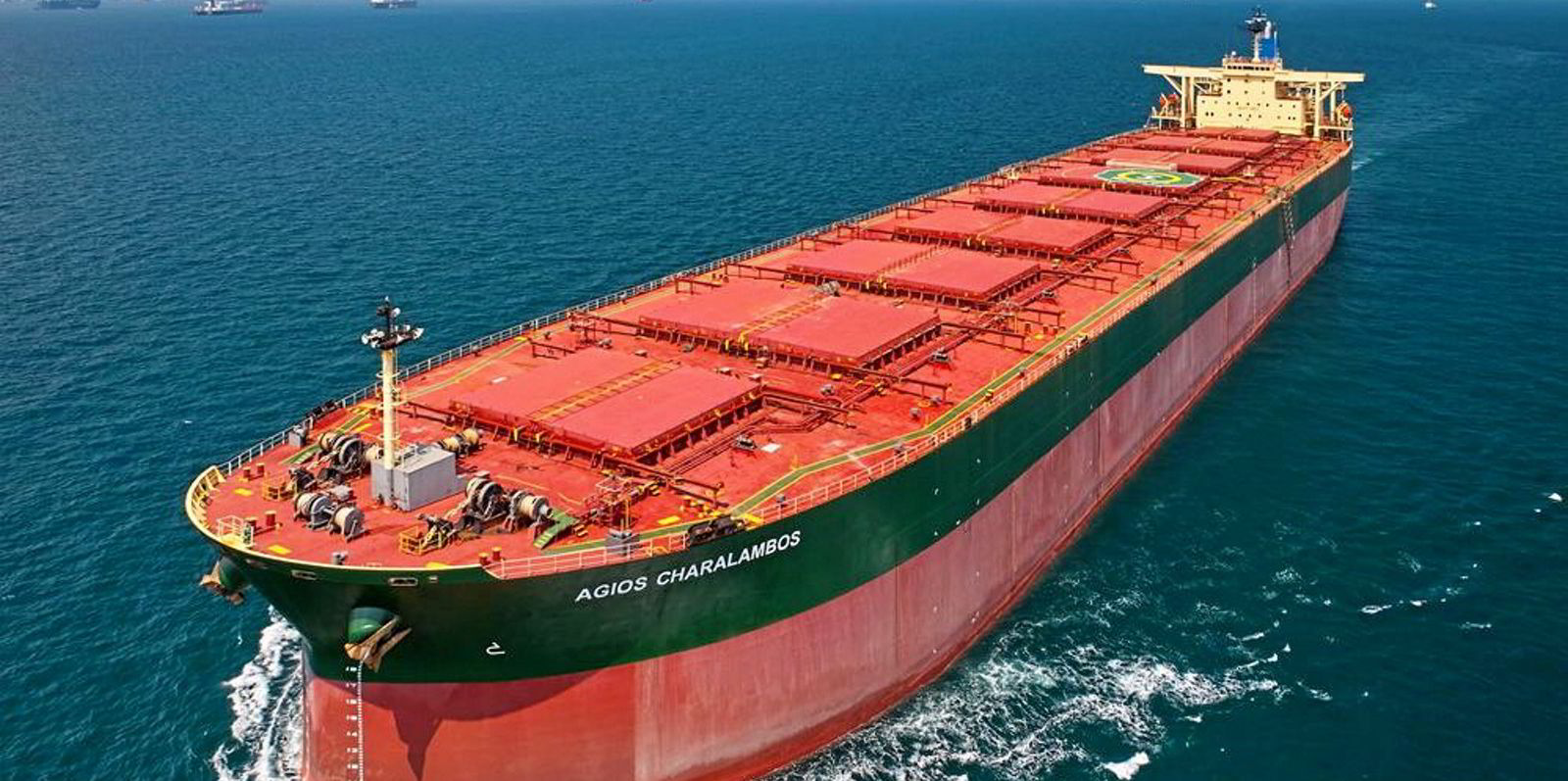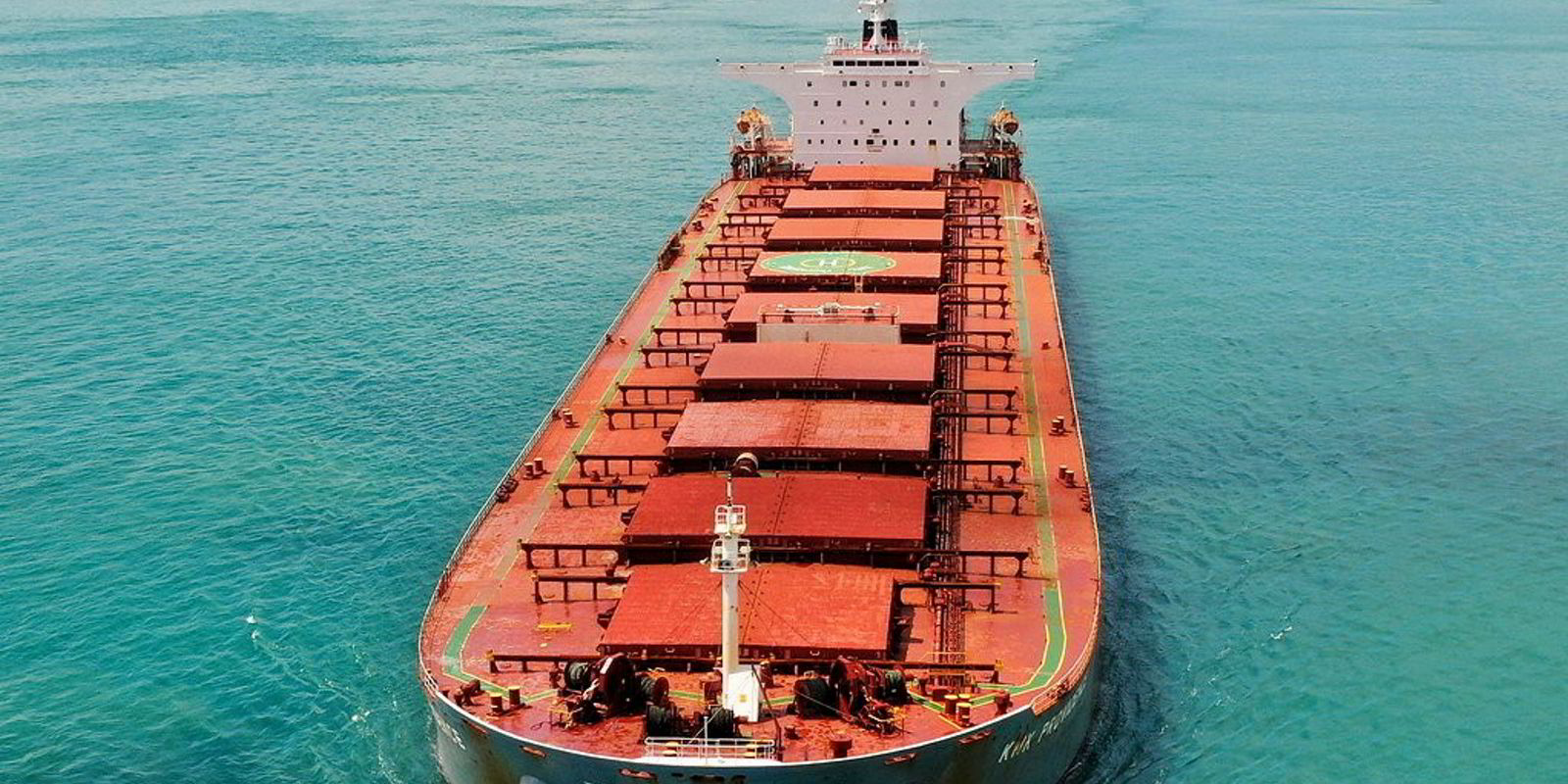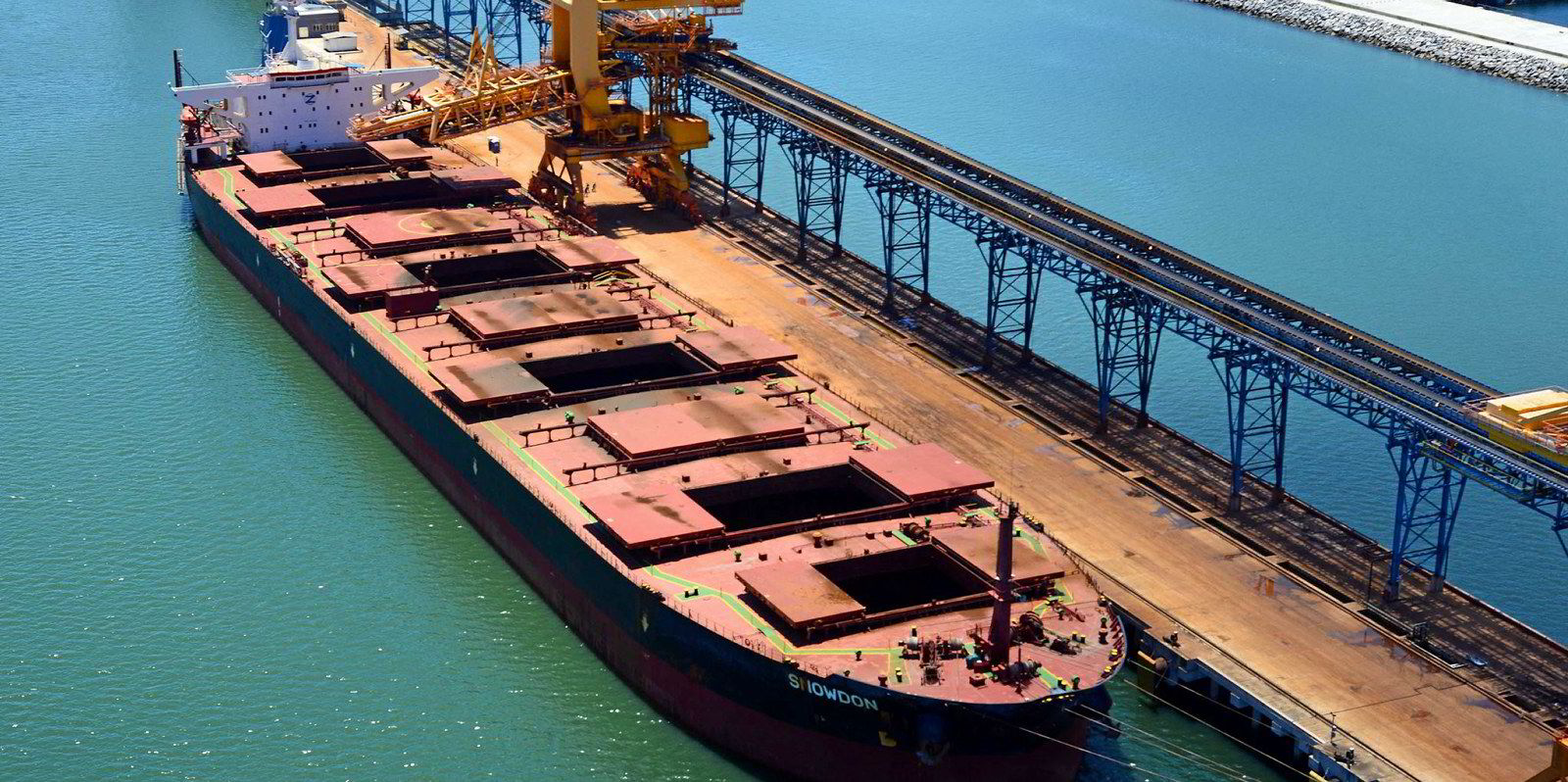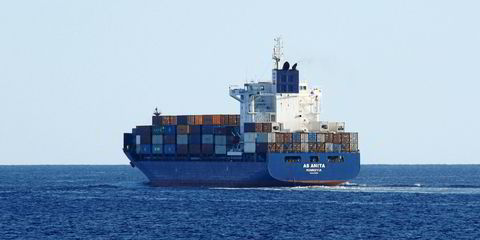The capesize bulker market continued its steady plummet on Thursday, declining to a nearly seven-month low as China’s demand for iron ore remains weak.
The Baltic Exchange’s Capesize 5TC, a spot-rate average across five key routes, slid 20% during the day to reach 7,188 per day, falling below $8,000 per day for the first time since late January.
“At the heart of this year’s lower demand for capes has been the reduction in iron ore trades,” London-based Simpson Spence Young (SSY) wrote in a monthly shipping review released on Thursday.
The broker said that China’s iron ore imports this year to the end of July fell 3.5% from the year-ago period to 627m tonnes, according to official data.
Brazil’s exports of the commodity, which China buys to turn into steel for new construction, slipped 5.5% to 188m tonnes during the same time frame.
“Though falls in coking coal prices have eased pressure [and] steel-mill margins and Chinese steel prices have made some gains during the past month, steel market fundamentals remain soft,” SSY said.
China’s steel output has fallen 5.2% to 106m tonnes for July year-over-year, according to the China Bureau of Statistics.
It has declined 4.6% to 777m tonnes for the first seven months of 2022, compared to the same period in 2021.
SSY noted that the entire dry bulk market has been down since the start of June, but the capesize sector “stands out” for persistently low rates that have shown the worst month for the capesize 5TC since August 2016.
Scrubber-equipped capesizes scored a much higher average rate of $16,800 per day on Thursday, while eco-design vessels were assessed at a $13,300 per day, Jefferies analyst Omar Nokta said in a note.
But he still acknowledged that the lower demand for iron ore is weighing on the dry bulk segment.
“Cape rates remain on a softer trend on thin iron ore spot volumes,” he said.
Better days ahead
But there is a glimmer of hope, according to Clarksons Platou Securities analyst Frode Morkedal.
He said capesize rates “have been disappointing of late” but should rebound when China injects another round of economic stimulus into its faltering economy.
“We believe that the market’s decline can be attributed to China’s industrial production gradually declining as a result of their lockdowns,” he wrote in a note on Thursday.
“Furthermore, we are entering a seasonally stronger quarter, since Brazilian iron ore shipments tend to rise in the second half of the year.
“As a result, we anticipate increased dry bulk activity and higher freight rates.”






